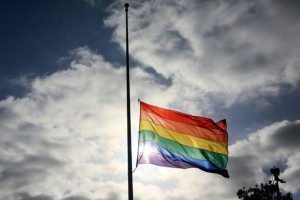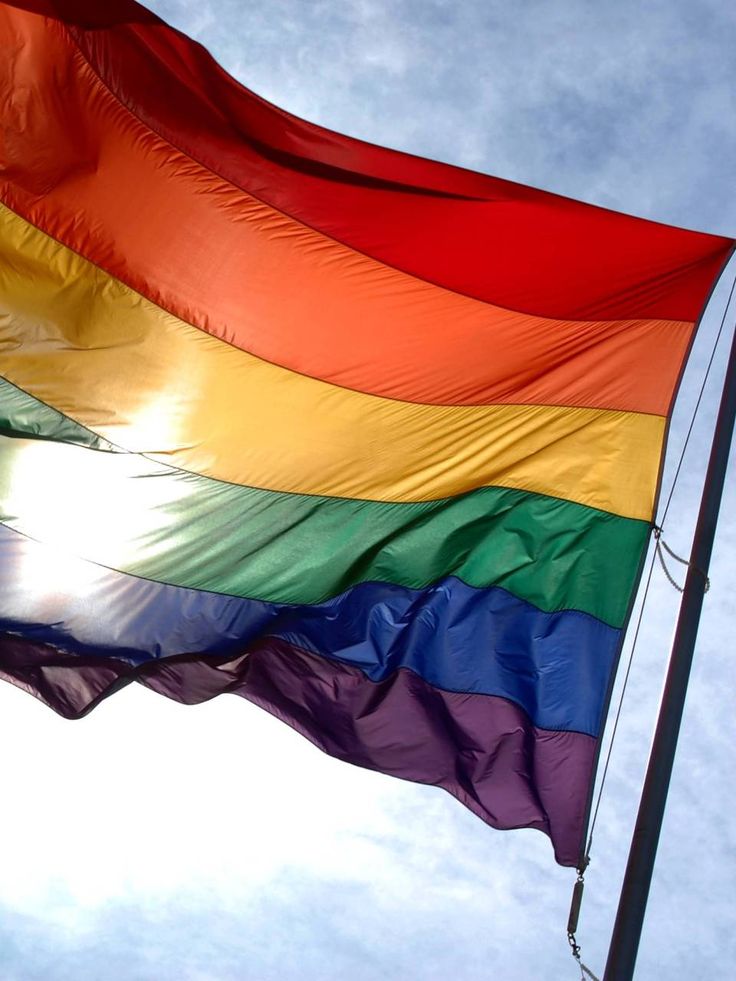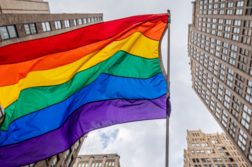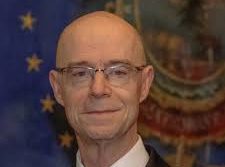 “SURREAL” is a descriptor that expresses the peculiar sensory experience of the 2016 presidential election. Consider the contrived chaos akin to a “reality show,” the cartoonish quality of much of the discourse, and the shrill rhetorical attacks on various constituencies—though seemingly not the LGBT community. Truly historic was the failure of prognosticators to call the outcome, which made the jolt of election night all the more dissociative. The county suddenly seemed alien. Enemies of the LGBT community cheered the result as the work of God.
“SURREAL” is a descriptor that expresses the peculiar sensory experience of the 2016 presidential election. Consider the contrived chaos akin to a “reality show,” the cartoonish quality of much of the discourse, and the shrill rhetorical attacks on various constituencies—though seemingly not the LGBT community. Truly historic was the failure of prognosticators to call the outcome, which made the jolt of election night all the more dissociative. The county suddenly seemed alien. Enemies of the LGBT community cheered the result as the work of God.
Despite waving a rainbow flag at a late campaign rally in Colorado, Trump was unconvincing in his campaign pose as a friend of the LGBT community. The selection of a running mate known for his extreme homophobia and the GOP platform’s endorsement of conversion therapy told us that the Republican’s saccharine sympathy was hollow. The way he railed at the Supreme Court decision on marriage equality spoke to this underlying contradiction. And the presence of homophobia among Trump’s legions of rally-goers was unmistakable.
Trump’s shock victory alarms many in the LGBT community. On social media, figurative howls of pain echoed. Anxious couples called movement organizations to ask about the prospects for losing same-sex marriage. Some moved up their wedding days.
We are right to be wary. Trump’s promise to appoint a Supreme Court justice in the mold of Antonin Scalia suggests that equal protection under the law will be abraded, with further erosion possible when older justices like Ruth Bader Ginsburg, Anthony Kennedy, and Stephen Breyer leave the Court. Most legal observers don’t see the landmark Obergefell decision in jeopardy for the present, but there is no excluding the possibility that a future Court could try to turn back the clock. Trans rights issues coming up through the federal courts will face a hostile bench in Washington.
The greatest apprehension lies in the fear that when groups including Mexicans, Muslims, and immigrants are singled out, we must be somewhere in that line of fire, too. Martin Niemöller occupies an outsized space in our collective consciousness with his warning on how tyranny envelops: “First they came for the communists/ And I did not speak out/ Because I was not a communist/ … Then they came for me/ And there was no one left/ To speak out for me.” Trump’s appeal to racism, his contempt for experts and for science, and his authoritarian tendencies make him an especially ominous character to be assuming the powers of the presidency.
There are those in the loyal opposition who propose that Trump be given a chance. An alternate path looks to community mobilization to build alliances with other disaffected constituencies to oppose bigoted policies. We should not be caught off-guard if Trump or his viciously homophobic Vice President Mike Pence targets us or our allies for adverse treatment. We can set aside our fear in a collective strategy of readiness to confront the president-elect if he governs as he talks. However as each of us copes with the new electoral reality, none of us is alone.






